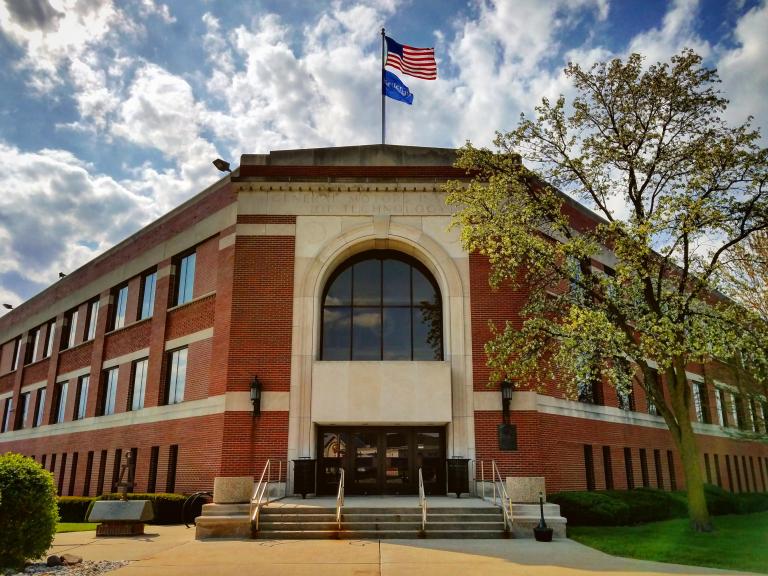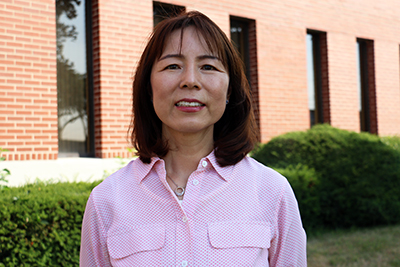
Dr. Jungme Park, Electrical and Computer Engineering faculty member at Kettering University, is bringing the future of automobile industry to the classroom. Starting this month, Park will teach EE-491: Artificial Intelligence for Autonomous Driving.
“It will be exciting and challenging,” Park said. “Nowadays my research is all about autonomous driving. Without artificial intelligence there is no autonomous driving. Artificial intelligence is the key part.
“In Michigan, especially in the automotive industry, companies are developing their own autonomous driving program. They are searching for engineers that have background in AI. You can apply AI everywhere.”
Park joined Kettering in March 2017 after working on localization and mapping for autonomous vehicles at Changan U.S. Research and Development Center, a major OEM in China. Prior to that, she spent two years as a senior research engineer developing applications for vehicle camera software for Hyundai Mobis in Plymouth, Michigan.
Artificial intelligence (AI) means machines have intelligence that can perform tasks that are characteristic of human intelligence. Artificial neural network provides a general practical method for learning in AI. Artificial neural network is developed to simulate the neurons in human brain. The core component of the brain in particular is the neuron. The average human brain has about 100 billion neurons. Neurons in human brain accept information from multiple inputs and transmit information to other neurons.

Students will start with a simple process and move to a deep neural network algorithm, which is powerful. With that algorithm, students can detect objects like a pedestrian. Application of the deep neuron lector algorithm is everywhere, Park said. Student can take the background from the course and apply it for uses such as speech recognition, stock market predictions and whether or not a customer will buy a product, among other things.
“Artificial Intelligence is everywhere. It’s the key part for robotics, but it’s really everywhere,” Park said. “Students will get the hands-on experience. At the very beginning they will get a very easy assignment, but at the end they will have very good experience with artificial intelligence for autonomous driving.”
Kettering offers all the equipment and technology needed to make the course successful, Park said.
Kettering has licenses of the full set of Matlab toolboxes including Neural Network toolbox, Computer Vision system toolbox and Robotics system toolbox. By utilizing these toolboxes, students can easily develop prototyping in their specific application area.
The Electrical and Computer Engineering department at Kettering is equipped with five GPU (graphics processing unit) computers, which are powerful enough to run the programs that require high computational power, for example deep neural network training. The GPU computers can run programs more than 100 times faster than computers without GPU.
Park also hopes the course encourages more students to participate in the SAE AutoDrive Challenge, which is a design engineering collegiate project partnered between and administered by SAE and General Motors. It focuses on reaching SAE Level 4 of autonomy using a Chevrolet Bolt EV vehicle donated by GM. Kettering is one of eight universities worldwide selected to participate.
“This course will benefit students who participate in the AutoDrive competition and in the industry,” Park said. “This course will give students a good background in artificial intelligence. Kettering students are creative and innovative. It’s up to them what they do next.”